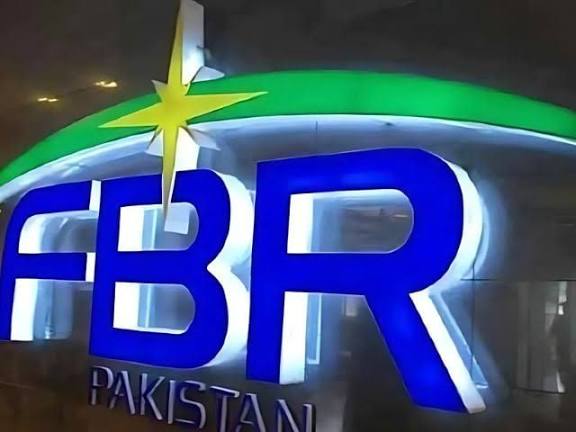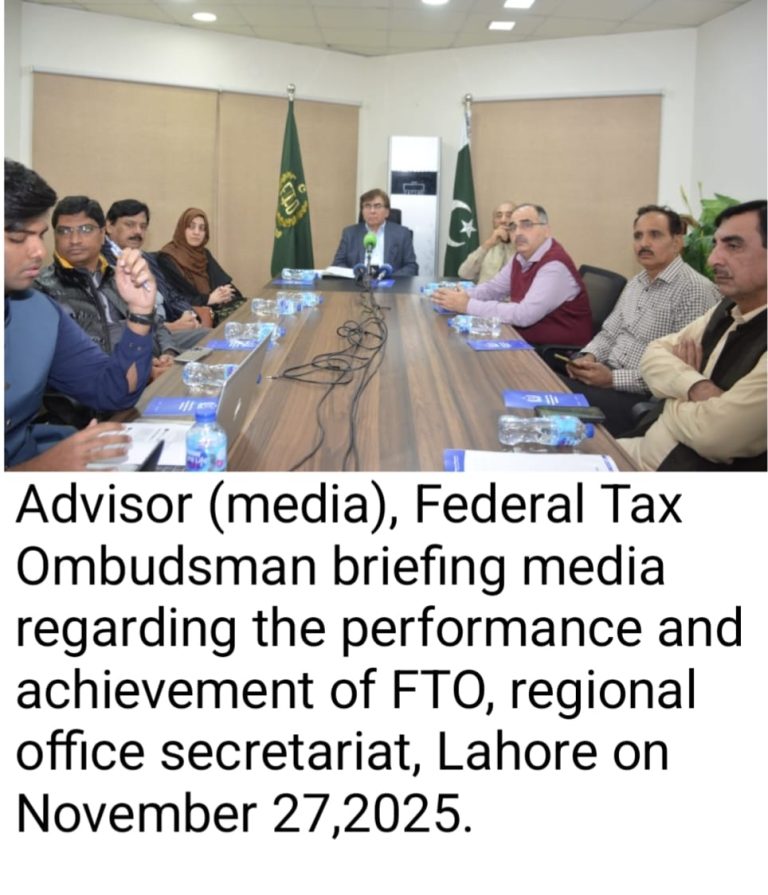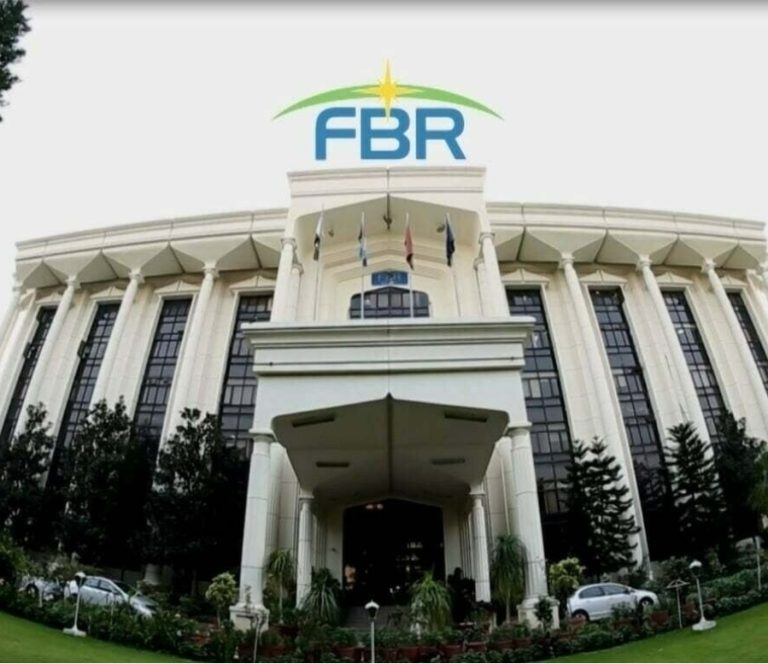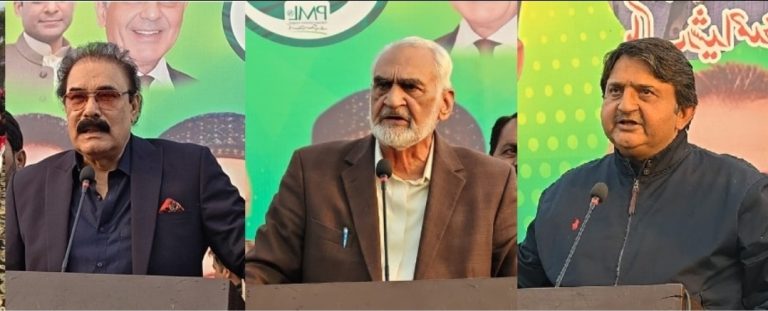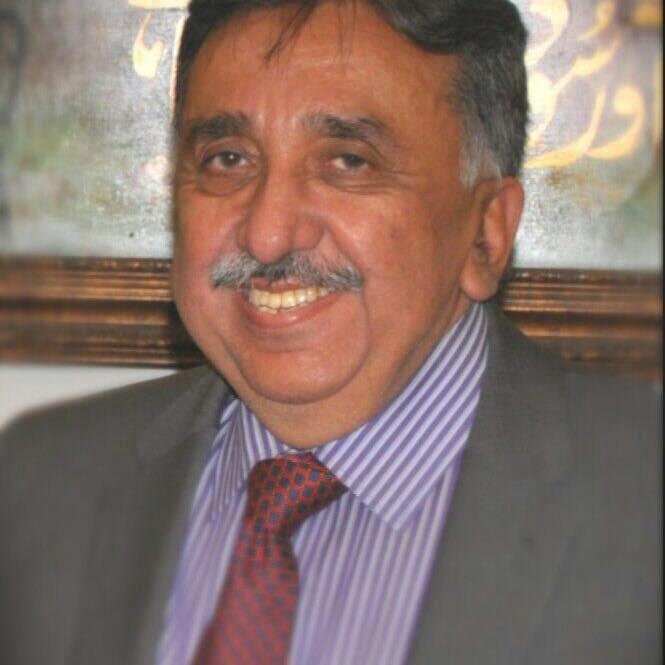
Sheikh Muhammad Tariq, Former Chairman, All Pakistan Customs Agents Association
By Our Correspondent
KARACHI: Former Chairman of the All Pakistan Customs Agents Association, Sheikh Muhammad Tariq, has said that while Bloomberg Intelligence’s recognition of Pakistan as one of the emerging markets showing rapid improvement in sovereign default risk is encouraging, the reality on the ground remains far more complex and subdued.

Read also: FPCCI supports Faceless System in Customs: Atif Ikram Sheikh
He stated that Bloomberg’s report reflects improvements largely due to financial discipline, stringent IMF conditions, deferred loans from friendly nations, and controlled imports — not due to growth in exports or improved productivity. “Pakistan has repaired its financial image internationally, but domestically, the economic foundations remain fragile,” he remarked.
Commenting on the recent stability of the Pakistani rupee, Sheikh Muhammad Tariq emphasized that this calm is not organic but rather the result of administrative controls, import restrictions, and carefully managed financial flows. “Exports have not seen significant growth, and industries continue to grapple with energy shortages and policy uncertainty,” he said.
He acknowledged that inflation has dropped from nearly 30% to 5–6%, which is a major achievement on paper. However, he pointed out that food, electricity, and essential goods remain costly for average citizens. “Salaries have not increased, and the middle class remains under severe pressure,” he added.
Sheikh Muhammad Tariq noted that the projected GDP growth of 2.5% to 3% for 2025 is technically positive, but insufficient for a large country like Pakistan. “Private investment remains low, exports are stagnant, and industrial production is inconsistent. The economy is moving, but without clear direction.”
He further explained that nearly half of the country’s revenue is currently going towards interest payments on debt, leaving limited resources for development, education, and healthcare. “Pakistan’s fiscal freedom is restricted by IMF conditions, and critical sectors remain underfunded,” he said.
He emphasized the disconnect between the financial indicators celebrated by policymakers and the reality faced by common citizens — shopkeepers, salaried employees, and small manufacturers who continue to struggle with slow business and high living costs. “This growing divide defines the reality of two economies within one country,” he said.
Sheikh Muhammad Tariq acknowledged that Bloomberg’s recognition is important as it reflects restored confidence through financial discipline. However, he stressed that sustainable improvement requires more than controls. “True progress demands structural reforms, enhanced energy efficiency, a broadened tax base, and export-driven productivity.”
He concluded by saying, “Pakistan in 2025 is neither in crisis nor in comfort. It stands in a state of uncertain calm — a calm achieved through control, not through real economic growth. Real success will come when this stability begins to improve the lives of ordinary people.”


